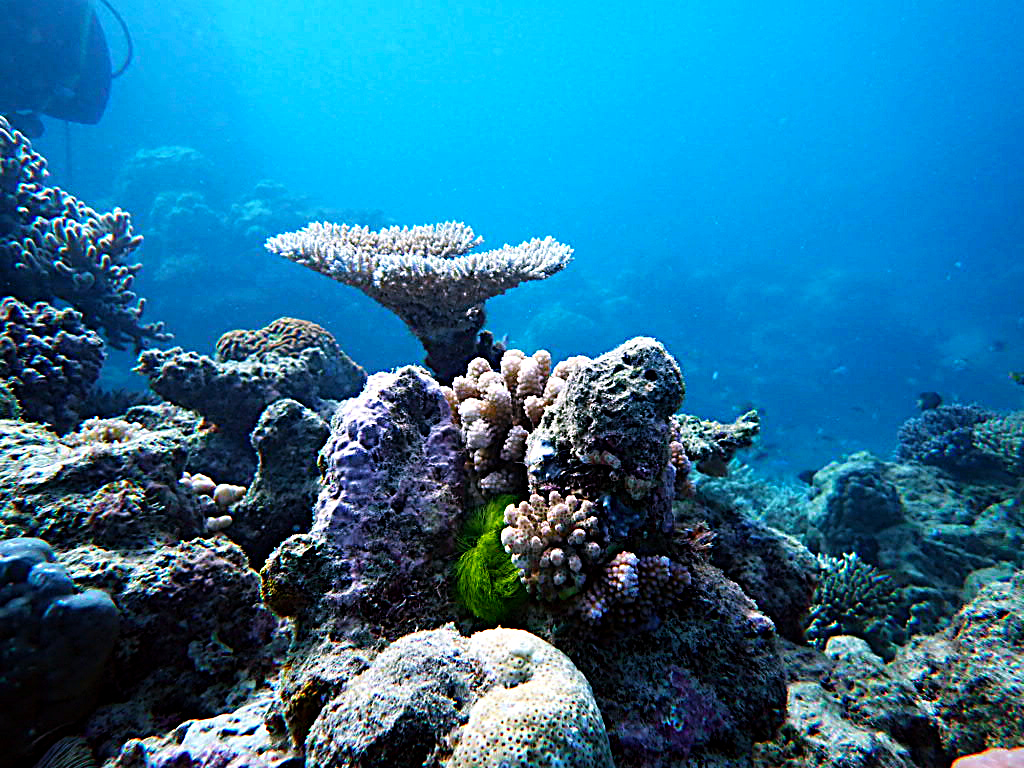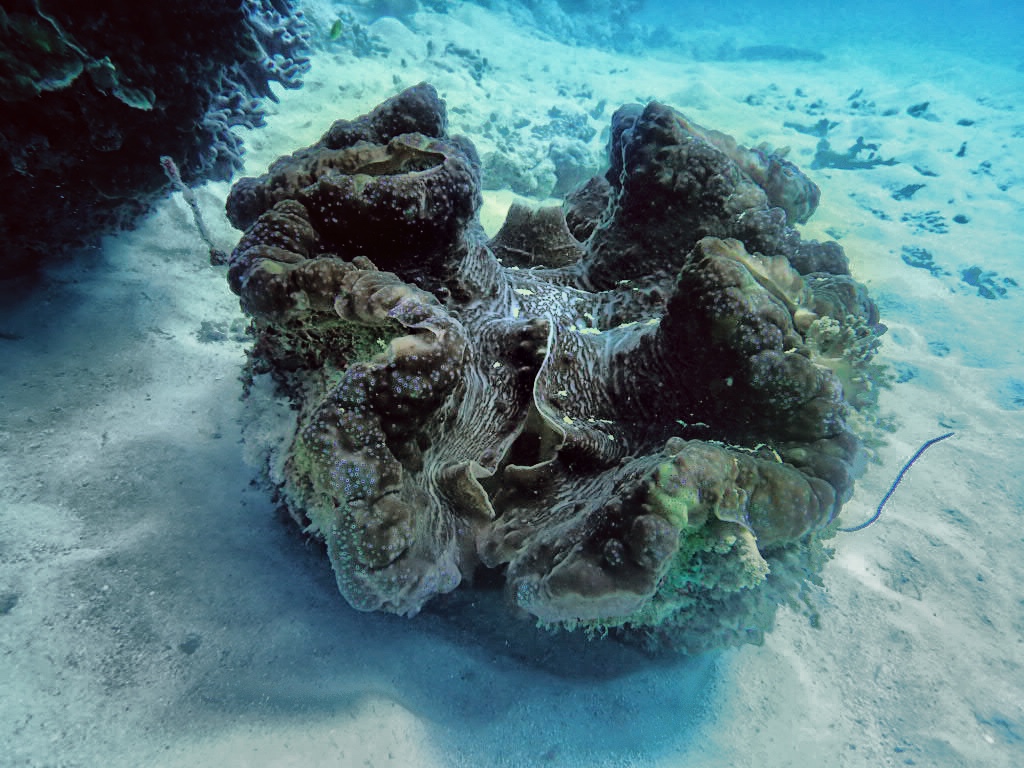- Details
The Earth has stirred once more, and the legendary Kīlauea volcano on Hawai‘i’s Big Island has erupted again — a breathtaking reminder of nature’s raw power and ancient spirit. But for many Hawaiians, this is more than just a geological event. It’s the return of Pele, the revered Hawaiian goddess of fire, volcanoes, and creation.
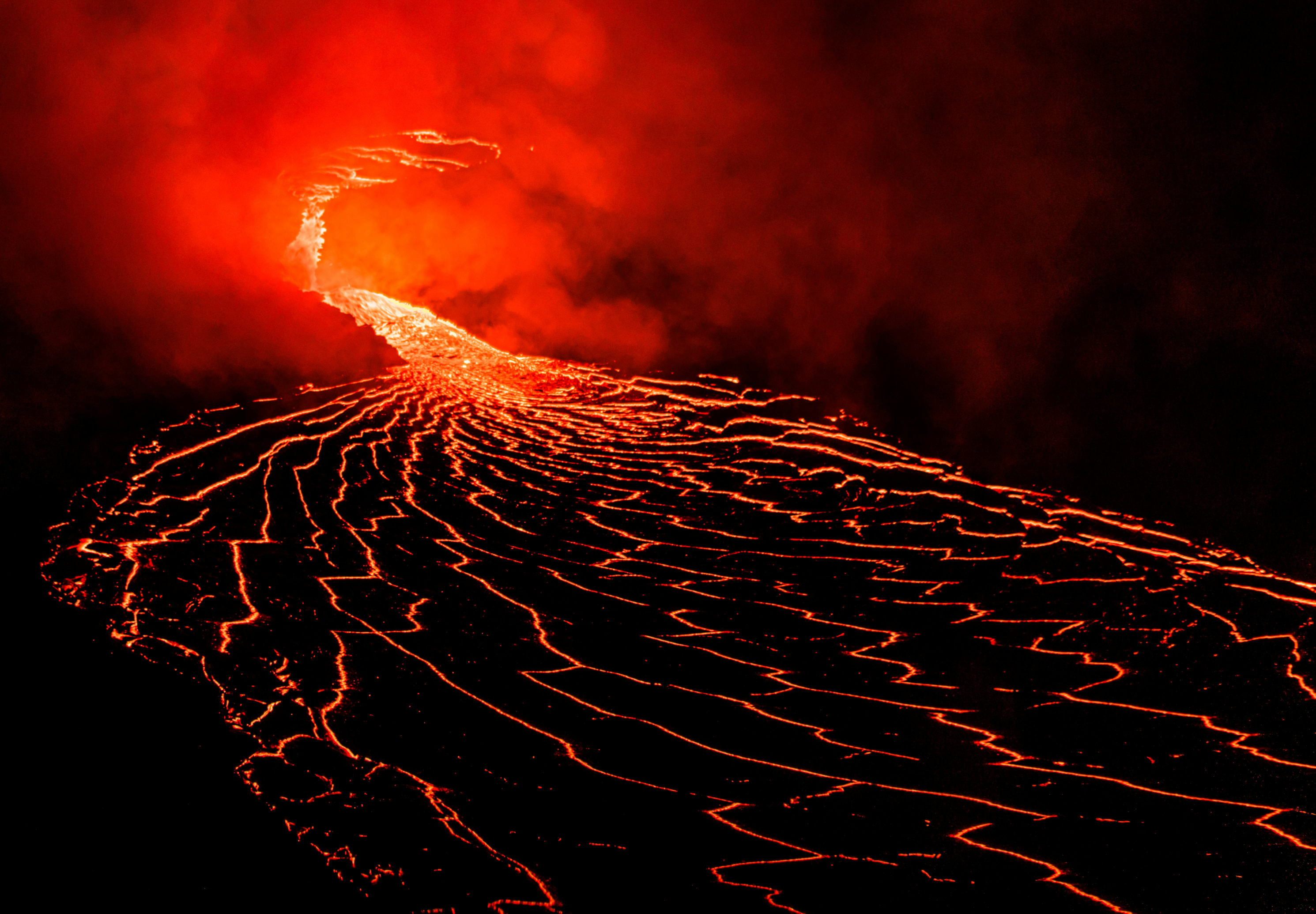
|
Pele is no ordinary figure. She is a force of nature, a creator and a destroyer, a fierce protector and a passionate spirit. Her home is said to be in Halemaʻumaʻu Crater, right at the summit of Kīlauea. When the volcano rumbles, hisses, and spills molten lava across the land, many believe it's Pele expressing herself — dancing, communicating, and shaping the islands anew. The most recent eruption, while dramatic, has brought more awe than fear. No communities are currently in danger, and officials are closely monitoring the situation. When the glowing rivers of lava flow down the slopes, it's easy to feel the magic of Pele’s presence — a fiery reminder of the living earth beneath our feet. To locals and visitors alike, this is a time of reverence and reflection. Pele teaches us that life is about constant transformation. What is broken can be rebuilt. What is lost can lead to new beginnings. Just as lava creates new land, we, too, can emerge from life’s eruptions stronger, bolder, and more vibrant. So, the next time you see the glowing plumes rising from Kīlauea, think of Pele — the goddess who turns destruction into beauty and change into creation. And remember: there’s power in renewal, even when it comes wrapped in fire. |
To watch the spectacle life tune in to:
Halema'uma'u Crater West
Halema'uma Crater East
- Details
Turtles, known as honu in Hawaiian, hold a special place in the culture and mythology of Hawaii. These majestic sea creatures are revered for their wisdom, endurance, and connection to the ocean, embodying deep spiritual significance and practical importance to the people of the islands.
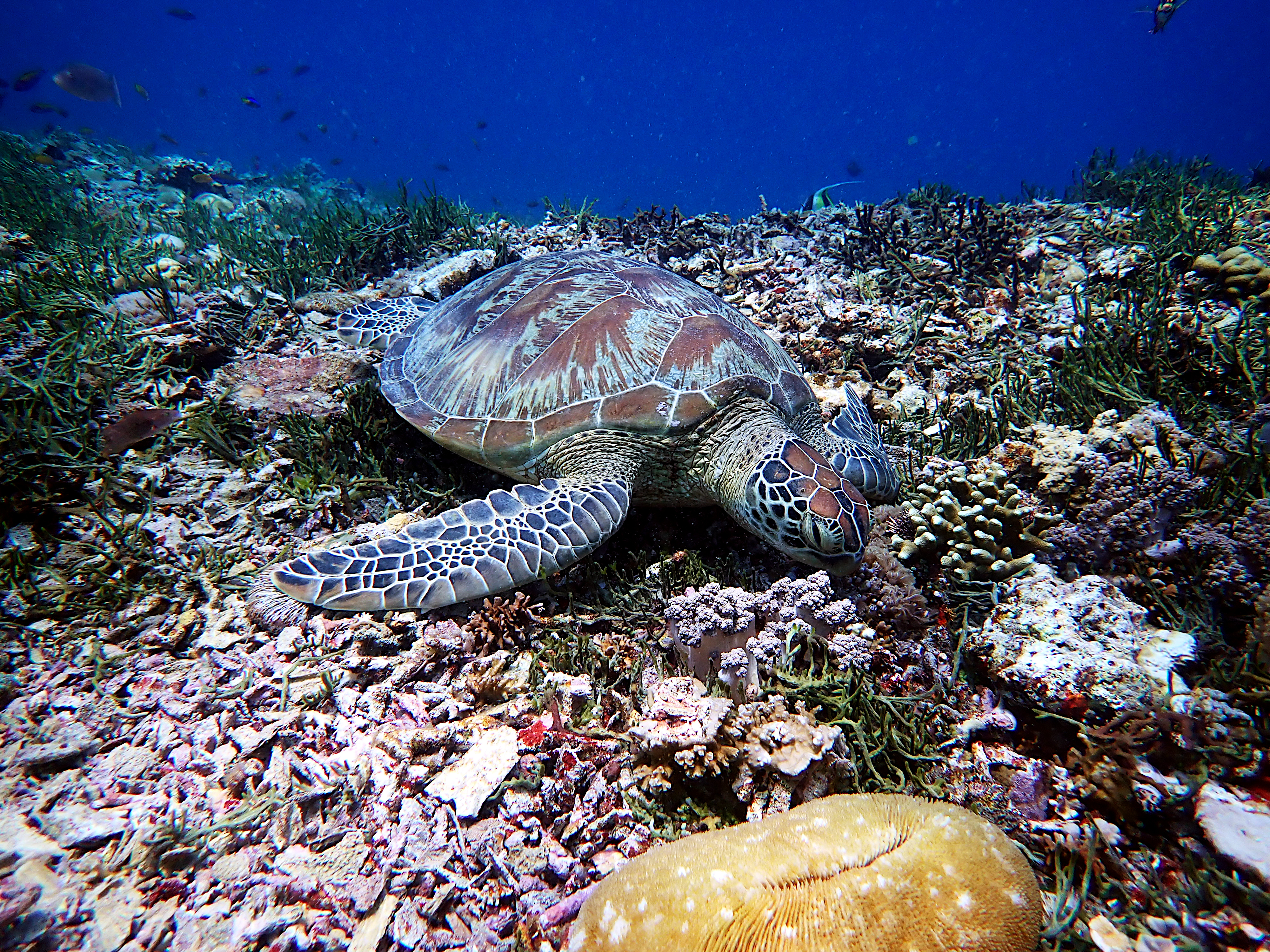 One of the most prominent legends involving the honu tells the story of Kāne‘āpua, a turtle who helped guide the first voyagers to Hawaii. The honu was believed to be a guardian spirit, or 'aumakua, guiding navigators across the vast Pacific and ensuring their safety during perilous journeys. As an 'aumakua, the turtle represented protection and was often seen as a family guardian, offering guidance and wisdom to those who honored it.
One of the most prominent legends involving the honu tells the story of Kāne‘āpua, a turtle who helped guide the first voyagers to Hawaii. The honu was believed to be a guardian spirit, or 'aumakua, guiding navigators across the vast Pacific and ensuring their safety during perilous journeys. As an 'aumakua, the turtle represented protection and was often seen as a family guardian, offering guidance and wisdom to those who honored it.
In Hawaiian mythology, turtles were also linked to the gods and nature. The honu was associated with Kanaloa, the god of the ocean, and served as a symbol of longevity and strength due to their long lifespans and ability to navigate the seas with grace. They are seen as ancient creatures that connect the past, present, and future, reminding the people of Hawaii to respect nature and maintain a harmonious relationship with the environment.
Turtles have a dual role in Hawaiian culture, both symbolic and practical. Traditionally, Hawaiian people relied on the ocean for sustenance, and while turtles were once part of the diet, their significance evolved over time into more spiritual and protective roles. Today, the honu is considered a sacred symbol, and their presence on the beaches and in the waters of Hawaii is treated with great care and respect.
In modern times, the protection of turtles has become a priority, as these creatures are now endangered due to environmental threats and human activity. Hawaiian communities actively participate in conservation efforts to protect the honu, preserving their cultural heritage and ensuring the turtles continue to thrive.
The honu’s journey across oceans and through centuries of Hawaiian culture is a reminder of the islands’ connection to the sea, the importance of family, and the need to honor and protect the natural world. These gentle giants remain a powerful symbol of endurance, wisdom, and harmony in Hawaiian culture.
Now head out to Kealakekua Bay or the many other places where you are likely to encounter turtles; enjoy them and remember to respect their sacredness in Hawaiian culture.
- Details
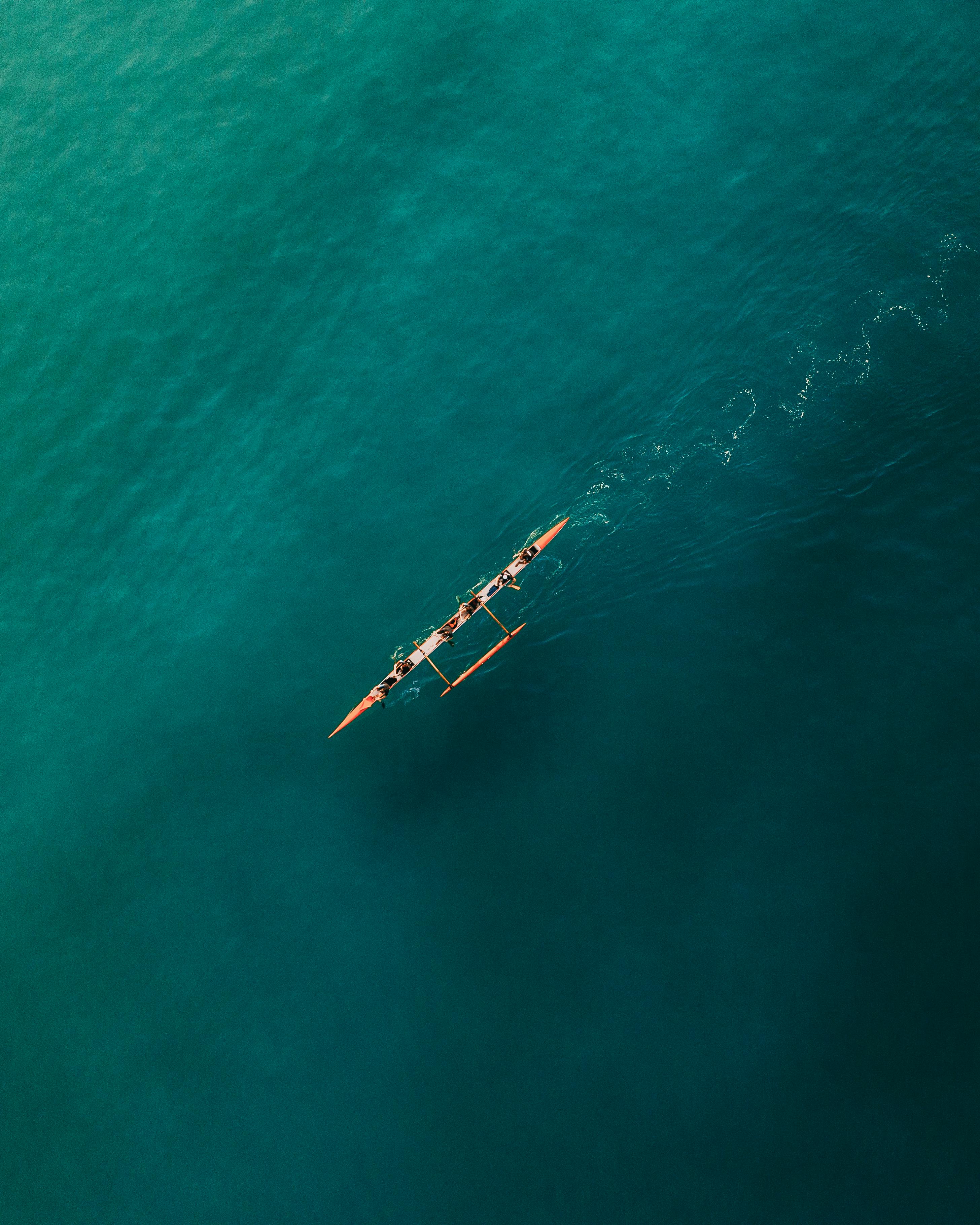 Picture Credit: Alexandre Weiss |
The outrigger canoe, or wa'a, has been an integral part of Hawaiian culture for centuries. These canoes were originally used for fishing, transportation, and exploration, and were expertly crafted by skilled artisans using traditional techniques. The wa'a is unique in its design, featuring a single hull with an attached outrigger for stability. This allowed the canoe to navigate the rough waters of the Pacific Ocean, and enabled the Polynesians to embark on long voyages of discovery. Today, the outrigger canoe is still an important part of Hawaiian culture, with canoe clubs and races keeping the tradition alive. Outrigger canoes continue to be important in the Hawaiian life. It is therefore not a surprise that there are regular racing contests with these canoes. Currently, between the 15th and 24th of August is the IVF World Sprint Championship in Hilo followed by the Queen Lili'uokalani Canoe Races between the 29th Aug and 2nd of Sep also in Hilo. IVF World Sprint Championships 2024: https://www.worldsprints2024hilo.org/ |
- Details
